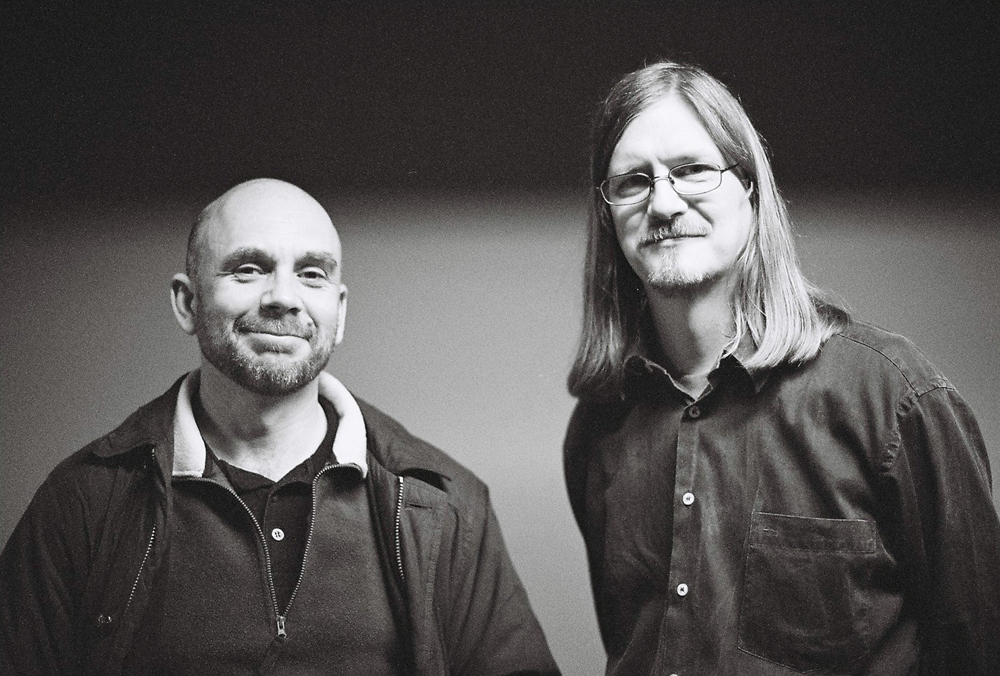
Polwechsel
Burkhard Beins John Butcher Martin Brandlmayr Michael Moser Werner Dafeldecker
With a signature spartan sound and long term preoccupation in structural tactics (subtle shifts in density, drawn out stasis) Polwechsel blur the boundaries between individual instruments.













